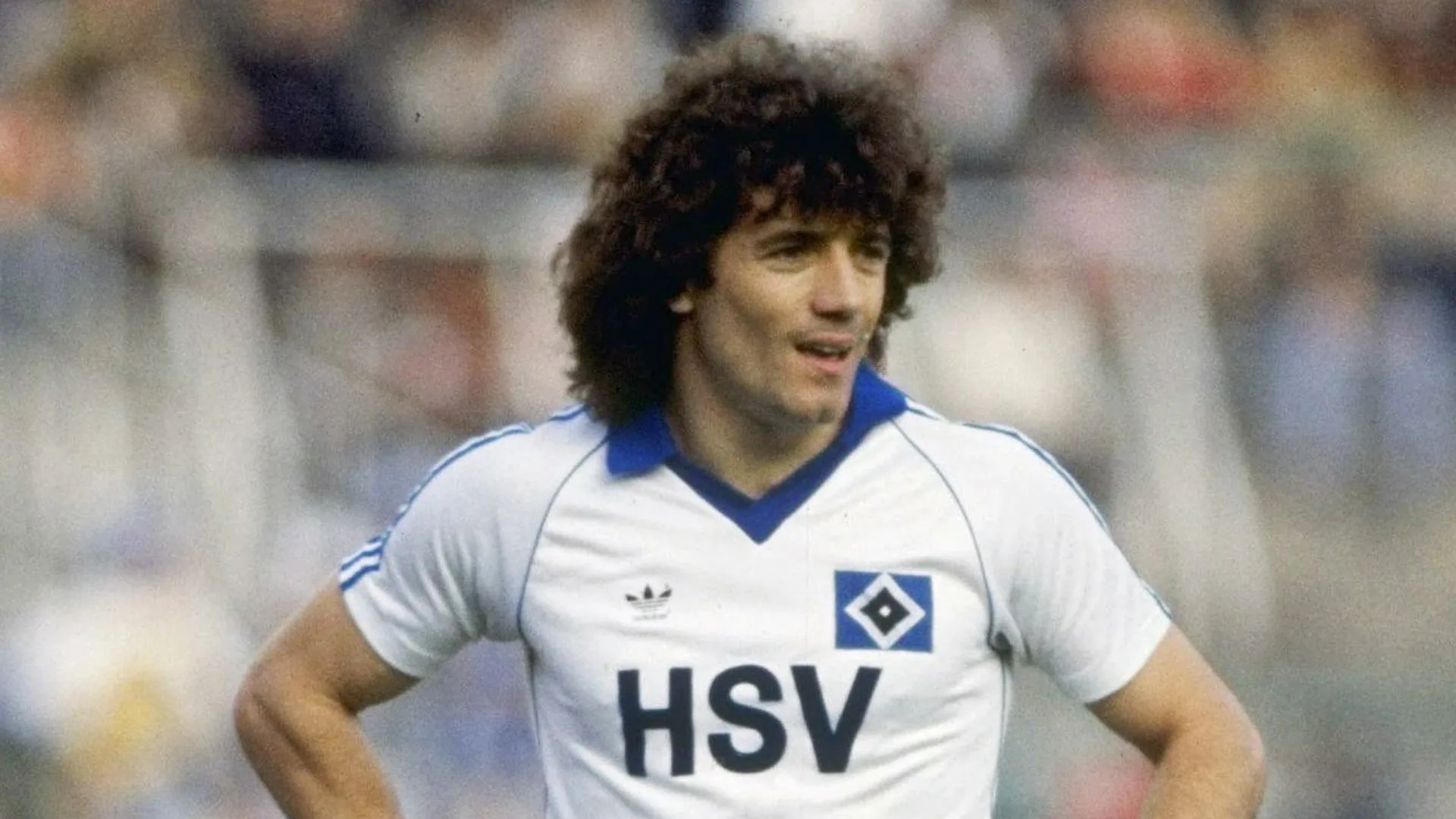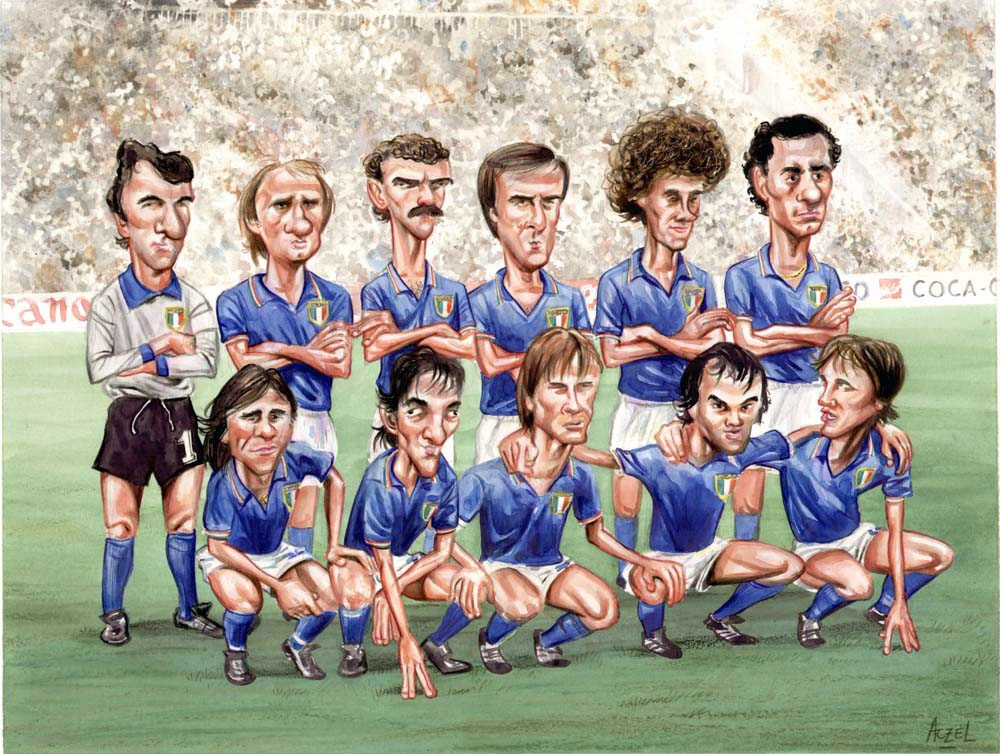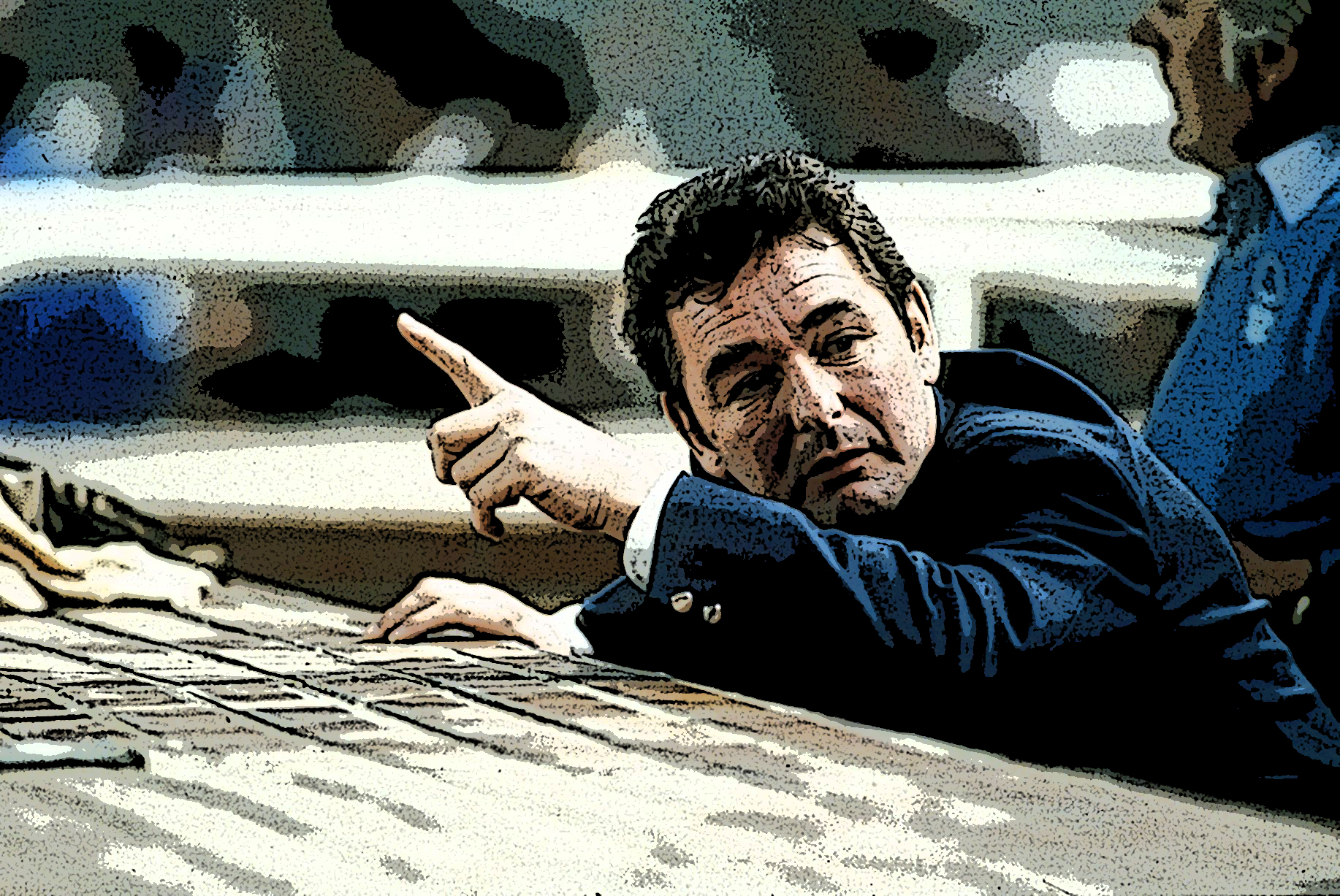The 1970s is revered as a golden epoch in football, a time when the sport witnessed unforgettable moments, the rise of legendary players, transformative tactics, and a cultural impact that echoes through the decades. This exploration aims to unravel the intricacies of this extraordinary decade, delving into iconic matches, the emergence of footballing legends, tactical revolutions, and the profound cultural influence that expanded football’s reach globally. Relive the legendary footballers of the 1970s and some iconic 1970s moments in this article and don’t forget to leave a comment !
Unforgettable Matches
The 1970s unfolded a tapestry of footballing drama through matches that etched themselves into the collective memory of fans. The 1970 World Cup semi-final between Italy and West Germany, aptly named the “Game of the Century,” was a spectacle that transcended the confines of a typical football match. It wasn’t merely a battle on the field; it was a symphony of skill, resilience, and unwavering determination. The intense 4-3 victory for Italy in extra time showcased the unpredictable nature of the beautiful game and left an indelible mark on the tournament. ( Match Highlights Below )
Equally iconic was the 1974 World Cup final, a clash between Johan Cruyff’s Netherlands and West Germany. This tournament wasn’t just about football; it was a stage for Cruyff’s artistic brilliance. The iconic moment where Cruyff executed his signature move, the Cruyff Turn, left defenders bewildered and fans in awe. Though the Dutch ultimately fell short, losing 2-1, it was a match that transcended the result, symbolizing the magic and unpredictability of football at its zenith.
In domestic competitions, the 1977 UEFA European Cup final between Liverpool and Borussia Mönchengladbach at Rome’s Stadio Olimpico was another unforgettable encounter. Liverpool emerged victorious with a 3-1 win, marking their first European Cup triumph. Kevin Keegan’s stellar performance and penalty along with goals from Terry McDermott and Tommy Smith sealed Liverpool’s place in history. This match not only defined Liverpool’s ascendancy but also symbolized the English clubs’ dominance in European competitions during the 1970s.
The 1970s also witnessed memorable clashes in domestic leagues. The fixture between AC Milan and Inter Milan in the 1979-1980 Serie A season is etched in history. Dubbed the “Derby della Madonnina,” this Milan derby showcased the fierce rivalry between the two clubs. A pulsating 2-2 draw highlighted the intensity, drama, and unpredictability that characterize such local derbies, leaving fans yearning for more.
These matches weren’t just contests on the field; they were narratives that unfolded with every pass, tackle, and goal, creating lasting impressions that resonate in the hearts of football enthusiasts even today. The 1970s were an era where matches weren’t just about winning or losing; they were about the narratives, the drama, and the sheer beauty of the sport that captured the imagination of fans worldwide.
Legendary Footballers of The 1970s
The 1970s was a prolific era that witnessed the emergence of footballing titans, their names spoken with reverence across the decades. Pelé, the Brazilian maestro, continued to mesmerize the world with his unparalleled skill, grace, and goal-scoring prowess. Johan Cruyff, the Dutch genius, not only showcased individual brilliance but also introduced the revolutionary concept of “total football,” emphasizing fluidity, movement, and interchangeability among players. The era also celebrated the rise of Franz Beckenbauer, the iconic German sweeper, whose elegant style and leadership prowess left an indelible mark.
Michel Platini, the French midfielder, stood out with his creative vision and goal-scoring prowess, earning acclaim for his performances with AS Saint-Étienne and later Juventus. Johan Neeskens, Cruyff’s compatriot, exemplified the art of box-to-box midfield play, contributing significantly to the success of both Ajax and the Dutch national team.
Additionally, the 1970s saw the emergence of Gerd Muller, the prolific German striker, whose instinctive goal-scoring ability brought immense success to both Bayern Munich and the national team. Gianni Rivera, the elegant Italian playmaker, added flair and finesse to the footballing landscape. These players, along with others like Bobby Moore, Kenny Dalglish, and Paolo Rossi, showcased the diverse talents that defined the 1970s, making it an era where legendary players didn’t just play the game; they shaped its very essence. I’m sure you can think of more legendary footballers of the 1970s – if so list your favorite’s in the comments below.
Tactical Evolution
Tactically, the 1970s marked a period of profound transformation in the beautiful game. Johan Cruyff’s Ajax and the Netherlands national team pioneered the revolutionary concept of “total football,” a style characterized by fluidity and positional interchangeability. A style that would ultimately shape the future of Barcelona and the modern game. Simultaneously, Italian clubs embraced the defensive catenaccio system, adding a strategic layer to the game. The Brazilian flair for attacking football continued to capture hearts globally, showcasing diverse tactical approaches that laid the foundation for the multifaceted game we witness today. These tactical innovations not only entertained fans but also left an indelible mark on the evolution of strategic play in football.
Cultural Impact
Beyond the confines of the pitch, football in the 1970s exerted a profound cultural influence. The sport transcended its status as a mere game, becoming a global phenomenon with far-reaching implications. Pelé’s move to the New York Cosmos in the North American Soccer League (NASL) symbolized football’s expanding influence, captivating audiences in regions beyond traditional football powerhouses. The 1970s saw football emerge as more than just a sport; it became a cultural force, influencing art, music, and fashion in ways that were previously unprecedented.
Global Reach
A notable aspect of the 1970s was the expanding global reach of football. Pelé, arguably the most recognizable footballer globally, took a historic step by joining the New York Cosmos in 1975. This move to the North American Soccer League not only showcased his enduring talent but also introduced football to a broader audience in the United States. Pelé’s influence went beyond the pitch, contributing significantly to the popularization of the sport in a country traditionally enamored with other athletic pursuits.
Legacy and Reflection
As we reflect on the legacy of the 1970s, it becomes evident that this golden era laid the foundation for the modern football spectacle. The unforgettable matches, the enduring legacy of players like Pelé, Cruyff, Beckenbauer, Platini, Neeskens, Muller, Rivera, Moore, Dalglish, and Rossi, the tactical innovations, and cultural impact continue to shape the sport today. The echoes of Pelé’s magical moments, Cruyff’s visionary tactics, and the pulsating drama of the 1970s World Cup resonate in every corner of the footballing world.
A Beacon of Football’s Rich Tapestry
In conclusion, the 1970s stands as a beacon in football’s rich tapestry, characterized by matches that etched themselves into history, players whose legacies endure, tactical innovations that shaped the modern game, and a cultural impact that extended far beyond the pitch. This golden era not only laid the foundation for the global spectacle that is modern football but also left an indelible mark on the hearts and minds of football enthusiasts worldwide. With unforgettable matches, legendary players, tactical revolutions, and a cultural impact that touched every corner of the globe, the 1970s will forever hold a special place in the hearts of football fans, reminding us of a time when the beautiful game reached new heights and captivated the world.
This post may contain affiliate links which means I may receive a commission for any purchases made through these links. Learn more on our Privacy Policy page.
Stuart Furniss
Lifelong Liverpool fan born and bred in a small town in Hampshire, England now living in sunny Los Angeles.
Original owner, editor and site administrator for the award-winning website The 4th Official.
Related Posts
Kevin Keegan’s Bundesliga Ballet in Hamburg
Follow the journey of when Kevin Keegan went to Hamburg. Read as he conquered…
Brian Clough : England’s Greatest Manager Who Never Was
Discover the 'what-if' legacy of the legendary Brian Clough. Maverick style,…




